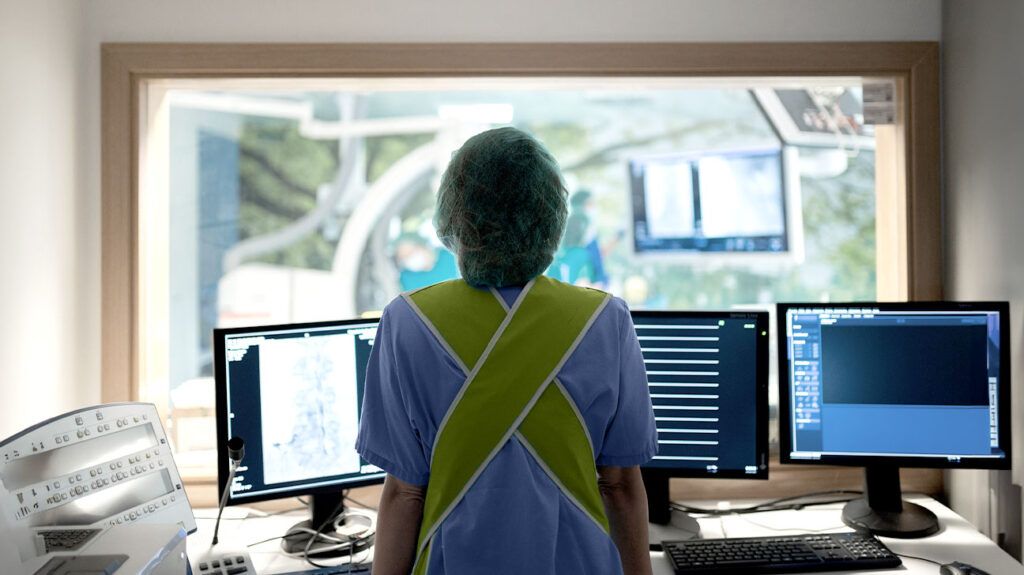How long someone waits to have kidney cancer surgery depends on their health and cancer stage. Renal cell cancer (RCC) is the most common form of kidney and renal pelvis cancer. Signs of RCC include blood in the urine and a lump in the abdomen.
Researchers consider a period of
The tests doctors use to diagnose RCC include physical exams, ultrasounds, CT imaging, and, in some cases, biopsies. They will also
Read on to learn more about RCC surgery wait times.

RCC
For this reason, it is important that people receive surgery before the cancer affects other organs in different bodily areas. Most people receive an RCC diagnosis when the disease only affects the kidneys. For this reason, around
In an
- T1: 90 days from diagnosis to surgery.
- T2: 40 days from diagnosis to surgery.
- T3 and T4: 30 days from diagnosis to surgery.
In terms of wait time having negative effects on survival, the research is mixed. Small sample sizes in some studies may explain this effect.
A
However, a larger 2022 study found the opposite — that prolonged wait times can reduce survival rates among people living with RCC. This study had a much larger sample size, so researchers can generalize the results to a wider demographic.
Generally, outcomes for RCC cancer are more positive when the cancer remains in the kidney and does not spread to other parts of the body.
The
- Localized: There are no signs of cancer spreading to other parts of the body.
- Regional: The disease has reached nearby structures and lymph nodes.
- Distant: The cancer has spread to other distant areas of the body, including the brain, lungs, and bones.
Learn about the risk of kidney cancer recurrence after nephrectomy.
When preparing for RCC surgery, the following actions could be useful:
- Following any dietary restrictions: This includes not eating for a specified time before the surgery, for example.
- Packing comfortable clothes: Loose-fitting clothes are the most suitable choice when leaving the hospital.
- Making a list of exercises: Breathing and mobility exercises can help prevent complications such as lung infections and blood clots occurring when in bed for long periods.
After RCC surgery, most people stay in hospital for around 3–5 days.
When a person awakens from surgery, hospital staff will typically offer care by:
- monitoring and observing the recovery
- assessing pain relief
- taking blood samples
- removing a wound drain if a person has one
- monitoring urine output
- encouraging individuals to walk a little as time goes on
Learn more about kidney cancer surgery.
Here are answers to common questions about kidney cancer surgery.
How urgent is kidney cancer surgery?
When a person has RCC, the stage of RCC tends to determine when they receive surgery. Those with lower stage RCC may have to wait longer in comparison with people who receive a late stage diagnosis.
What stage of kidney cancer requires surgery?
Any stage of RCC can require surgery. A person with T1 stage RCC may have to
When should doctors remove a kidney tumor?
A kidney tumor needs removal as soon as possible to prevent further complications, such as increased tumor growth. Moreover, the sooner a surgeon removes a tumor, the less opportunity there is for the cancer to spread to other areas in the body.
How fast does kidney cancer progress?
Lower stages of RCC do not progress as quickly as higher stages of RCC. For example, someone with T4 RCC is
Waiting times for RCC surgery vary from
When preparing for RCC surgery, a person needs to follow any advice from their doctor, including any dietary restrictions, before the operation. When they wake up from surgery, breathing exercises and staying mobile can help their recovery.
